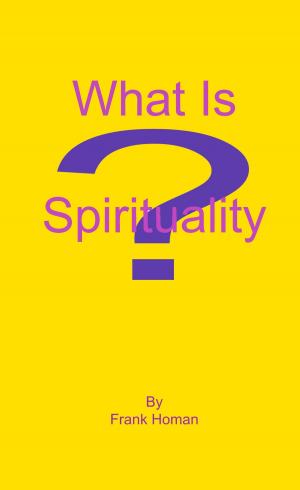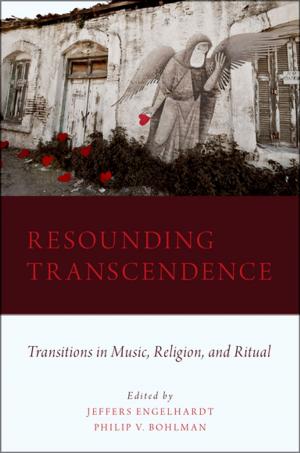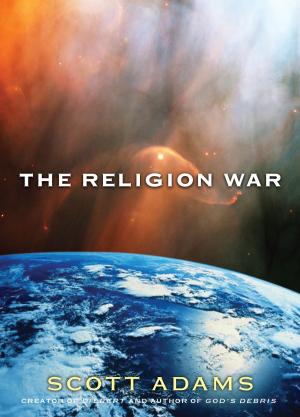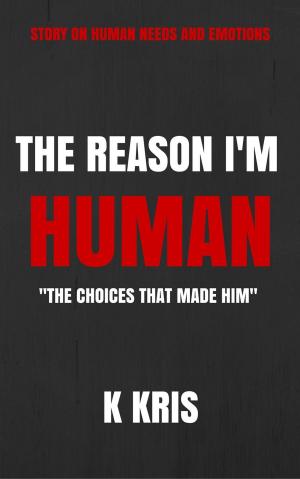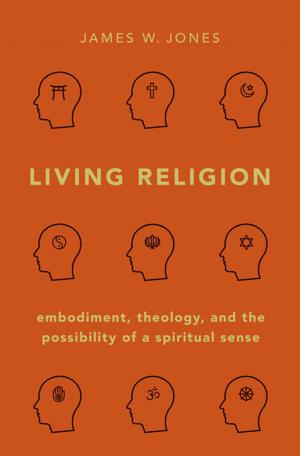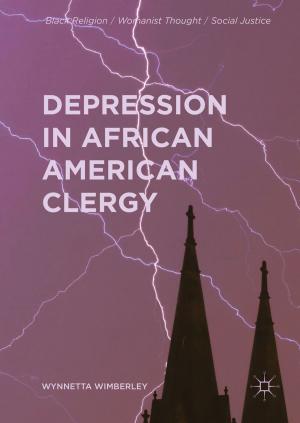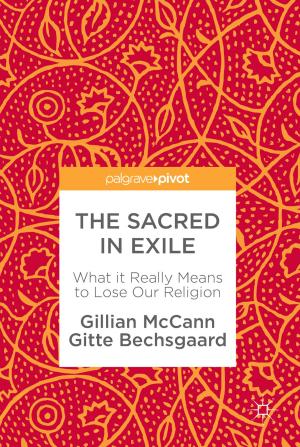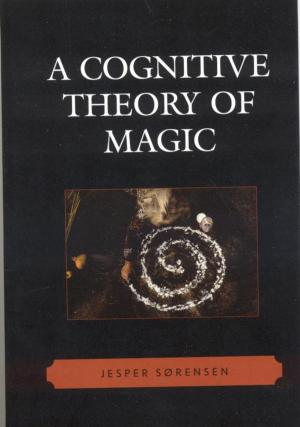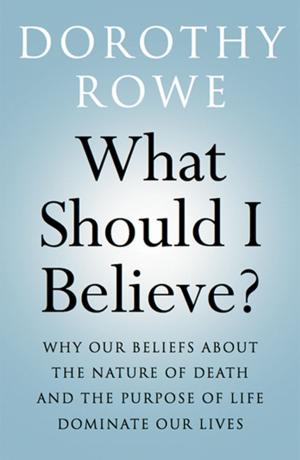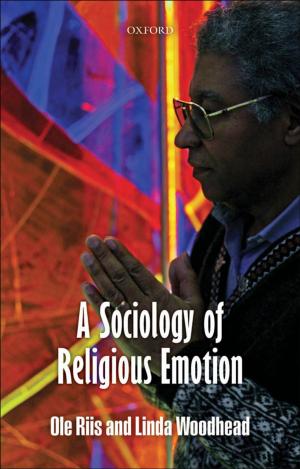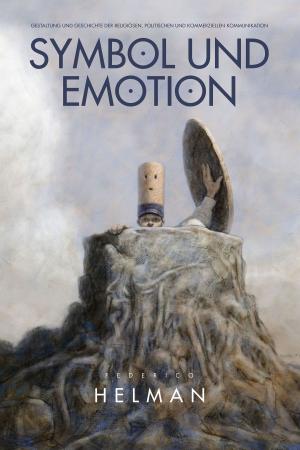Singled Out For God's Assignment
A Widow's Valley of Learning
Nonfiction, Religion & Spirituality, Reference, Psychology of Religion| Author: | Leona Choy | ISBN: | 9781889283050 |
| Publisher: | Golden Morning Publishing | Publication: | January 1, 2001 |
| Imprint: | Language: | English |
| Author: | Leona Choy |
| ISBN: | 9781889283050 |
| Publisher: | Golden Morning Publishing |
| Publication: | January 1, 2001 |
| Imprint: | |
| Language: | English |
If the widows I counseled had read Leona’s book soon after the death of their husbands, many may not have needed my services. I read Leona’s manuscript from cover to cover. As a practicing psychiatrist for many years, I would have eagerly recommended her book to my patients had it been available. Especially to “singled out” widows who were Bible-believing Christians. Grief has touched all of creation ever since Adam and Eve “blew it” (sinned) by disobeying God in Eden’s garden. It can occur after any profound loss—possessions, security, health, abilities, job—even pets. But most intensely after the loss of significant persons. I have treated widows, of whom there are five times as many as widowers, suffering from clinical depression, including physical symptoms. Many are unable to adjust to their new roles alone and have difficulty functioning in daily life. Others cannot see themselves as having any meaningful future. Some require medication in addition to psychotherapy. But certainly not all grieving requires intervention by a professional. That’s where Leona’s book comes in. She addresses a wide variety of facets arising from widowhood, especially for women who are Christ-ones. It’s difficult to imagine any she has overlooked. She probes the subject from multiple directions, enriching the text with valuable resource quotations. Almost like a roving reporter at a baseball game, she “interviews” singled out friends and shares case histories, while basing her observations squarely on the Scriptures. Leona blends her biblical knowledge with an intimate understanding of the emotions experienced almost universally after the death of a spouse. She writes from the vantage point of having weathered them—but not without struggles—in the years following the death of her husband, Ted. Leona allows herself to be vulnerable, admitting mistakes she made as she attempted to skip parts of the grieving process because they didn’t seem “Christian” to her. The reader can readily identify with her. This book deserves a broad and lengthy circulation. Its use may well decrease both the depth and duration of the grieving process and diminish the need for professional intervention. Putting the principles and concepts into practice could hasten adjustment and provide direction for a fresh walk with God in a meaningful new role. Widows and widowers are not the only ones who may benefit from this book. Families and friends of the bereaved, pastors, counselors and caregivers may read it with profit to understand the grieving process and help the hurting through it. I have known the author for many years to be honest, direct and perceptively sensitive. Leona’s writing makes sense to me professionally as well as personally. If one reading doesn’t suffice to plumb its depths for you—try another walk through it. Chester L. Schneider, M.D. Former medical missionary and retired clinical psychiatrist.
If the widows I counseled had read Leona’s book soon after the death of their husbands, many may not have needed my services. I read Leona’s manuscript from cover to cover. As a practicing psychiatrist for many years, I would have eagerly recommended her book to my patients had it been available. Especially to “singled out” widows who were Bible-believing Christians. Grief has touched all of creation ever since Adam and Eve “blew it” (sinned) by disobeying God in Eden’s garden. It can occur after any profound loss—possessions, security, health, abilities, job—even pets. But most intensely after the loss of significant persons. I have treated widows, of whom there are five times as many as widowers, suffering from clinical depression, including physical symptoms. Many are unable to adjust to their new roles alone and have difficulty functioning in daily life. Others cannot see themselves as having any meaningful future. Some require medication in addition to psychotherapy. But certainly not all grieving requires intervention by a professional. That’s where Leona’s book comes in. She addresses a wide variety of facets arising from widowhood, especially for women who are Christ-ones. It’s difficult to imagine any she has overlooked. She probes the subject from multiple directions, enriching the text with valuable resource quotations. Almost like a roving reporter at a baseball game, she “interviews” singled out friends and shares case histories, while basing her observations squarely on the Scriptures. Leona blends her biblical knowledge with an intimate understanding of the emotions experienced almost universally after the death of a spouse. She writes from the vantage point of having weathered them—but not without struggles—in the years following the death of her husband, Ted. Leona allows herself to be vulnerable, admitting mistakes she made as she attempted to skip parts of the grieving process because they didn’t seem “Christian” to her. The reader can readily identify with her. This book deserves a broad and lengthy circulation. Its use may well decrease both the depth and duration of the grieving process and diminish the need for professional intervention. Putting the principles and concepts into practice could hasten adjustment and provide direction for a fresh walk with God in a meaningful new role. Widows and widowers are not the only ones who may benefit from this book. Families and friends of the bereaved, pastors, counselors and caregivers may read it with profit to understand the grieving process and help the hurting through it. I have known the author for many years to be honest, direct and perceptively sensitive. Leona’s writing makes sense to me professionally as well as personally. If one reading doesn’t suffice to plumb its depths for you—try another walk through it. Chester L. Schneider, M.D. Former medical missionary and retired clinical psychiatrist.


